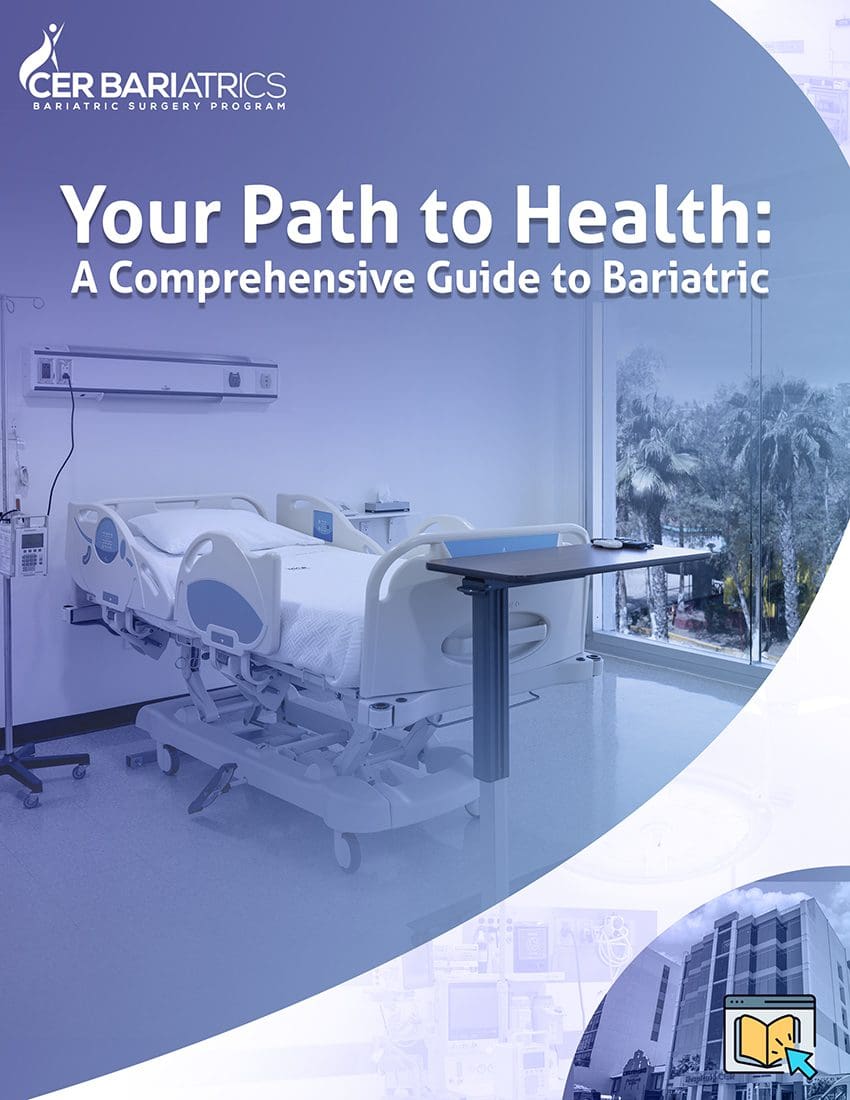The Impact of Bariatric Surgery on Relationships: Understanding the Emotional and Social Changes
Daily Routine and Habits Among Individuals Facing Obesity-Induced Isolation
Obesity can profoundly affect daily routines and habits, especially for those who experience isolation due to their condition. Below is a detailed look at a typical day, including morning, evening, and bedtime routines, as well as snack times and habits often caused by depression.
Habits Caused by Depression
- Emotional Eating: Depression can drive individuals to use food as a coping mechanism, leading to overeating or consuming unhealthy foods for comfort. This can create a cycle of guilt and further emotional distress.
- Sedentary Lifestyle: Depression often results in a lack of motivation to engage in physical activity. Individuals may spend extended periods sitting or lying down, which contributes to obesity and further reduces energy levels.
- Social Withdrawal: Feelings of shame, embarrassment, or lack of self-worth may lead individuals to withdraw from social interactions. This isolation can worsen depression and reinforce unhealthy habits.
- Neglect of Self-Care: Depression can lead to neglect of self-care practices, including regular exercise, personal hygiene, and routine health check-ups. This neglect impacts overall health and exacerbates feelings of isolation.
- Irregular Eating Patterns: Depression can cause changes in appetite, leading to either overeating or loss of appetite. Irregular eating patterns can disrupt metabolism and contribute to weight gain or poor nutritional status.
The Physical and Emotional Transformations Post-Surgery
Bariatric surgery, including procedures such as gastric bypass, sleeve gastrectomy, and adjustable gastric banding, can result in substantial weight loss and improvements in overall health. According to the American Society for Metabolic and Bariatric Surgery (ASMBS), patients can expect an average weight loss of 50-70% of excess body weight within the first 18-24 months post-surgery. This weight loss enhances physical health and leads to significant emotional and psychological transformations.
Patients often report increased self-esteem and a more positive body image following surgery. A study published in the Journal of Obesity found that 80% of patients experienced improvements in self-esteem and body image after bariatric surgery. This newfound confidence can have a profound impact on relationships, influencing how individuals interact with their partners and how they approach dating and intimacy.
The Relationship Impact of Bariatric Surgery – Positive Changes
Challenges and Considerations
Supporting Your Partner Through the Transition
Effective communication and emotional support are vital for couples navigating the impact of bariatric surgery. Here are some strategies to support your partner:
- Open Communication: Encourage open discussions about the changes both partners are experiencing. Address any concerns or feelings openly and honestly.
- Seek Professional Help: Consider seeking the help of a therapist or counselor specializing in relationships or bariatric surgery. Professional guidance can be valuable in navigating emotional and relational adjustments.
- Celebrate Achievements: Acknowledge and celebrate the positive changes and milestones achieved through the weight loss journey. Recognizing these successes can strengthen the relationship and build mutual support.
Bariatric surgery offers transformative benefits for those struggling with obesity, leading to significant physical and emotional changes. While the impact on relationships can be profoundly positive, it is essential to address the potential challenges that may arise. By fostering open communication, providing emotional support, and seeking professional guidance when needed, individuals and their partners can navigate the changes effectively and build stronger, healthier relationships post-surgery.
As the understanding of the relationship impact of bariatric surgery continues to evolve, ongoing research and support will be crucial in helping patients and their partners make the most of their transformative journey.
Feeling stuck?
- Check Your Bariatric Surgery Eligibility Now!
Ready for a Healthier You? Review Your Bariatric Surgery Case Today!
Take the first step towards a healthier, happier you by reviewing your bariatric surgery case. Fill out our quick and easy Surgical Eligibility Form to see if you’re a candidate for life-changing weight loss surgery. Your journey to better health starts here!
Related Post
Learn how to kickstart your weight loss journey












